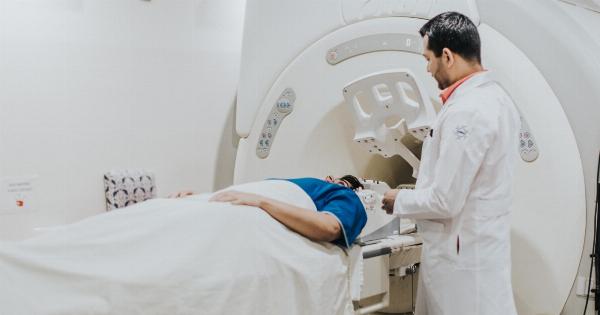Asperger’s Syndrome, also known as Asperger’s Disorder, is a developmental disorder characterized by difficulties with social interaction, communication, interests and behavior.
It is one of the autism spectrum disorders (ASDs), a group of neurodevelopmental conditions that affect individuals in different ways. In this guide, we will provide you with an overview of Asperger’s Syndrome and its symptoms.
What are the Symptoms of Asperger’s Syndrome?
The symptoms of Asperger’s Syndrome can vary widely from person to person, but they generally fall within three categories:.
Social Interaction
Individuals with Asperger’s Syndrome often have difficulty with social interactions. They may have trouble making and keeping friends, participating in conversations, reading social cues or sharing emotions.
They sometimes struggle to understand sarcasm, humor, and idioms. They often prefer a structured routine and may become upset if their routine is disrupted. You may also notice an unusual interest in specific topics or activities.
Communication
Communication difficulties are also common in individuals with Asperger’s Syndrome. They may speak in an unusual tone or rhythm and struggle with eye contact.
They may also find it challenging to understand nonverbal communication, such as facial expressions or body language. You may notice that they may have repetitive behaviors such as repeating questions or phrases or a serious persistence in their topic of interest.
Interests and Behavior
Individuals with Asperger’s Syndrome may exhibit unusual behaviors or have peculiar interests. They may become obsessed with specific hobbies and activities, such as trains, computers, or dinosaurs.
They may have trouble adapting to changes in routine, and their interests can be so consuming that they have difficulties engaging in other activities. They may display repetitive behaviors, such as hand flapping, pacing or spinning objects.
How is Asperger’s Syndrome Diagnosed?
Asperger’s Syndrome is usually diagnosed by a qualified healthcare professional or specialist in the field of autism. The diagnostic process typically involves a comprehensive evaluation that includes:.
Medical and Developmental History
The medical and developmental history of the patient is examined in detail, looking for signs of developmental delays and unusual behaviors.
Observation of Behavior
Observation of the patient’s behavior is also an essential component of the diagnostic process. The clinician will look for signs of social interaction difficulties, communication problems, and restricted interests and repetitive behaviors.
Diagnostic Tools and Tests
A number of diagnostic tools and tests are also used to help diagnose Asperger’s Syndrome. These include the Autism Diagnostic Interview-Revised (ADI-R) and the Autism Diagnostic Observation Schedule (ADOS).
These tools help to identify the unique traits of Asperger’s Syndrome and differentiate it from other conditions.
Treatment Options for Asperger’s Syndrome
Asperger’s Syndrome is a lifelong condition, and there is no cure for it. However, there are a variety of treatment options that can help individuals with Asperger’s Syndrome lead productive and fulfilling lives. These include:.
Behavioral Therapy
Behavioral therapy is a common treatment for individuals with Asperger’s Syndrome. It is designed to help them learn and practice new social, communication, and behavioral skills.
Behavioral therapy may include cognitive-behavioral therapy (CBT), social skills training, and parent training.
Medication
While there is no medication that specifically treats Asperger’s Syndrome, medication may be prescribed to help manage related conditions such as anxiety, depression, or ADHD.
Additional Support Services
Individuals with Asperger’s Syndrome may benefit from additional support services such as occupational therapy, speech therapy, or family therapy.
Conclusion
Asperger’s Syndrome is a complex condition that can significantly impact an individual’s life. It is important to recognize the signs and symptoms of Asperger’s Syndrome and receive a proper diagnosis for a treatment plan.
With appropriate treatment, individuals with Asperger’s Syndrome can develop essential social and communication skills, manage their behavior, and lead fulfilling lives. Early diagnosis and intervention can lead to better outcomes.



























